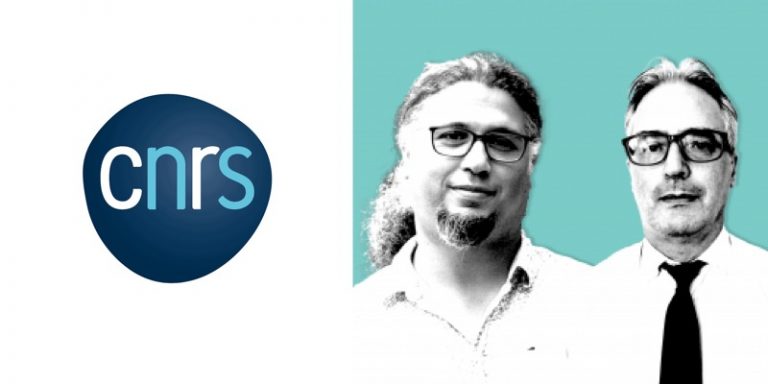
At the end of November, the CNRS officially launched its AI Centre for Science and Science for AI. The creation of this multidisciplinary center had been proposed during the 2019-2023 Contract of Objectives and Performance (COP) signed with the State. Unique at the European level, this centre will be a meeting place where researchers from all disciplines can tackle major scientific challenges.
One of the objectives of the COP signed with the French government is to expand CNRS’s efforts to support and promote the emergence of major research universities at the highest global level. In its January 2020 publication, the CNRS stated that it had identified six major societal challenges, including artificial intelligence.
As part of the COP’s AI challenge, an inter-institute working group has proposed the creation of a multidisciplinary centre dedicated to AI for science and science for AI, which will aim to tackle major scientific challenges and bring out new issues.
The commitment of the CNRS, which is already involved in the national AI plan, alongside Inria and many other players, will be based mainly on four axes:
- Promote research at the highest international level, on the foundations of artificial intelligence and digital sciences in the broad sense, by encouraging research on responsible, safe and more energy-efficient artificial intelligence;
- Intensify interdisciplinary research on the impact of AI and digital technology, drawing on the multidisciplinary dimension of the CNRS;
- Facilitate the porosity between the world of digital humanities and that of artificial intelligence, and involve researchers from the field of social sciences and humanities in
and AI regulatory bodies and institutions; - Promote the results of research carried out in conjunction with companies, intensify bilateral relations between institutes to put AI and data science at the service of its major scientific sectors and initiate
and initiate interdisciplinary projects on societal issues (security, transport, etc.) in order to measure the impact of AI on the environment,
to measure, support and control their transformation through digital technology as best as possible.
Jamal Atif, project manager at INS2I, and Alexandre Legris, deputy scientific director of INC, both coordinators of the CNRS AI challenge, said in an interview with CNRS:
“Building the artificial intelligence (AI) of tomorrow represents a multitude of scientific, ethical and environmental challenges. With massive data and increasingly complex algorithms, the development of digital and AI will continue to transform the functioning of society in many fields but also the way knowledge is produced in all scientific fields, and a fortiori
at CNRS.”
They also added that:
“Theoretical foundations are missing today, often with increasingly complex and energy-consuming algorithms. Society is also rightly demanding more efficient, less power-hungry algorithms whose operation can be interpreted and audited to remove discrimination, promote fairness and preserve privacy. More responsible and trusted AI. This is why the sciences – for example statistical physics and SHS – also have, in turn, a role to play in developing AI.”
Several events are planned: symposia, webinars, hackathons, joint teams, etc. To do this, the centre will rely on the tools and resources of the CNRS, including, initially, the Mission for Transversal and Interdisciplinary Initiatives (MITI), benefiting from the financial support of the Ministry of Higher Education, Research and Innovation.
Thematic semesters will be organized in consultation with the Centre’s Scientific Council and the ten CNRS institutes: the world’s best researchers will be invited to produce a map of each field and a report on its possible evolution.
A call for projects from MITI is also planned for researcher mobility or the establishment of bi-disciplinary thesis pairs from 2022.
France benefits from an excellent educational system in mathematics and computer science, but AI remains a field of rare specialists: there are only 1120 people in France capable of dealing with theoretical or more applied issues. It is therefore important to first acculturate scientists from other disciplines to the tools and methods of AI, so that they can appropriate its benefits and limitations. This is where new research questions will arise.
Translated from Retour sur le Centre de l’IA pour les sciences et des sciences pour l’IA lancé par le CNRS









